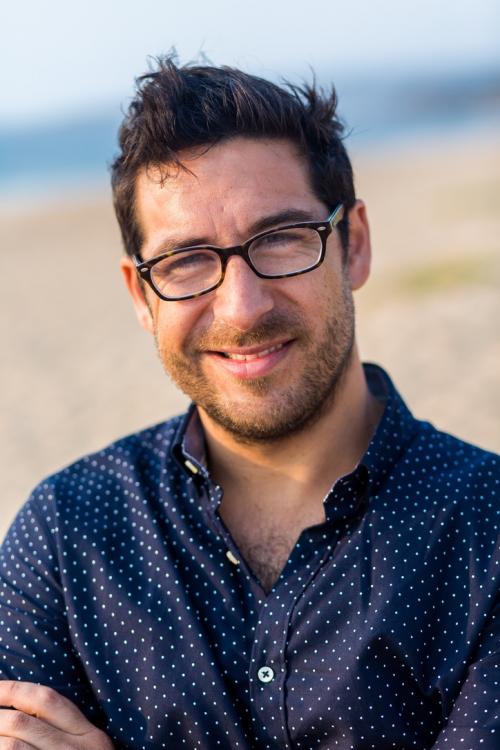
Dr. Fernando Mardones
Dr. Fernando Mardones is an MPVM (2007) and epi Ph.D. (2013) (both UC Davis) alumnus working as Assistant Professor at the nascent School of Veterinary Medicine at the Pontifical Catholic University (PUC) in Santiago, Chile. His teaching and research include the application of quantitative methods derived from epidemiology and ecology to study the dynamics of infectious diseases associated with farming practices from local to large scale spatial extents. From 2014 through August 2015, he was a postdoctoral fellow at the Universidad Austral de Chile and researcher at the PUC. Previously, he has worked for almost seven years at the UC Davis Center for Animal Disease Modeling and Surveillance (CADMS) since 2007.
Fernando started his career in a small town in southern Chile, working as a veterinary practitioner in fish diseases. At that time, he met Emeritus Professor David Hird as they were organizing together one of the most important international conferences of veterinary epidemiology (ISVEE 2003). Fernando learned about the MPVM and applied to the program to start in 2006. He considers the MPVM as a unique experience and chance to acquire professional skills in the field of applied epidemiology, learning from top professors in a perfect environment provided by the city of Davis. During the MPVM, Fernando learned numerous epidemiological methods and techniques including meta-analysis, multilevel regression models, spatial and spatiotemporal methods, social network analysis, infectious disease modeling, and animal health economics. He uses such knowledge and resources in the development and application to directly support more cost-effective and risk-based surveillance and control strategies.
In Chile, Fernando leads research in several areas including the epidemiology of infectious diseases in farmed salmon in southern Chile. The salmon industry in Chile is the second largest of the world, however, it faces numerous problems related to infectious diseases, the use of antimicrobials and environmental impacts. Fernando is devoted to promoting sustainable aquaculture not only in farmed salmon settings but also shrimp and tilapia around the world. Aquaculture is a key sector that provides a high-quality source of protein to feed humans but must be sustainable.
Fernando also works with small livestock holders in central Chile, which is an important part of the population of the country, many of whom suffer the consequences of climate change. One of their initiatives is called Villa Peldehue (read more at this link). Villa Peldehue initiative gathers about 30 families that raise animals in very basic conditions. In this context, he not only includes vet students into the work but also students from different disciplines, including anthropology, engineering, biology, pedagogy, agronomy, arts, etc. The project is a fantastic opportunity to identify an effective framework to improve animal, human and environmental health. Students can learn in the field at the same time they can contribute to alleviate poverty and improve animal welfare.
Last but not at all least, Fernando is very active in building collaborative teams among other areas including medicine, agronomy, and social sciences. Right now, a number of research topics are effective collaborations including Hantavirus and the emergence of COVID-19, and also dog and cat management control in the country.
